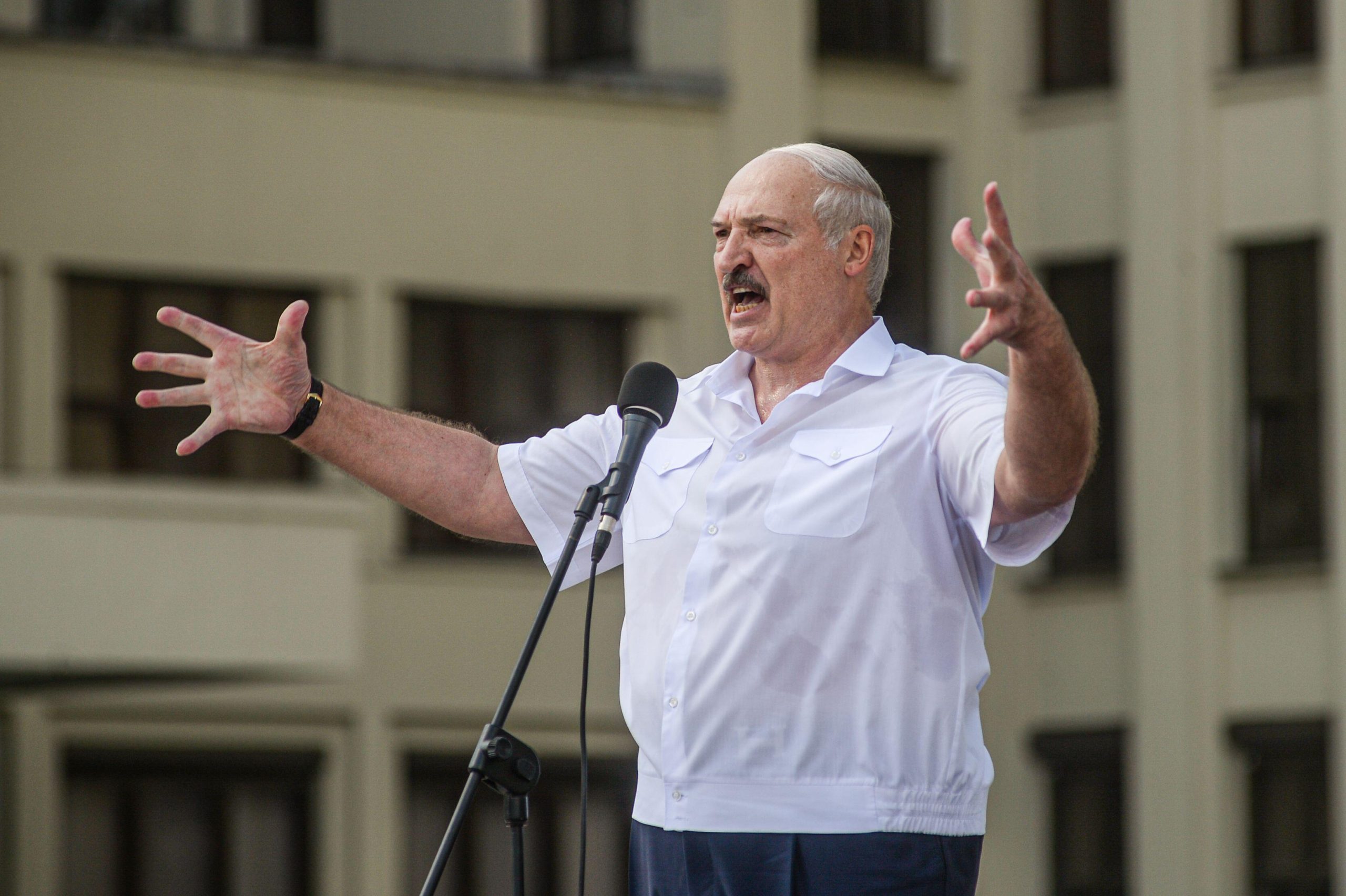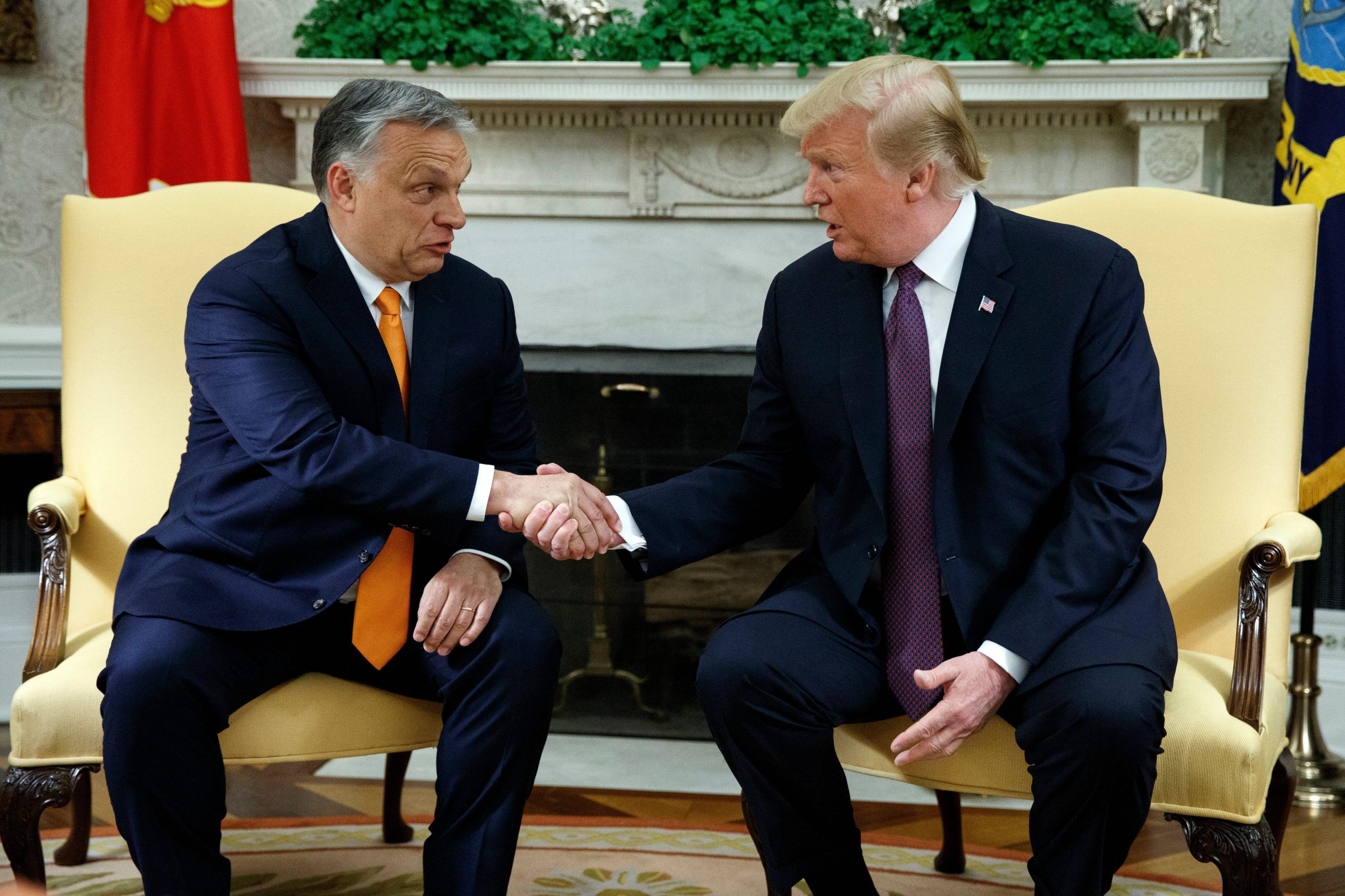Belarusians began 2025 in a state of anxiety. It’s nothing we haven’t seen before – another presidential “election” is approaching, or rather, another dictatorial re-election. There hasn’t been a free and fair electoral process in our country for decades, so it’s not as though we don’t already know the outcome: over 80% for Lukashenka, written in by the Central Electoral Committee.
The atmosphere is tense. Ever since the protest movement began in response to the fraudulent 2020 election, we haven’t experienced peace. Lukashenka took Belarusians’ pro-democratic aspirations personally (as he should) and hasn’t stopped his relentless repression for a single day. There are more than 1,300 political prisoners, with thousands more having already served their unjust, politically-motivated sentences. The leaders of our resistance are held completely incommunicado behind bars, and the only way we know they’re alive is when the regime uses them for propaganda. Maria Kalesnikava, Viktar Babaryka, Ihar Losik – they’re dragged from their cells, dusted off and paraded in front of cameras for twisted manipulations. Yet their dignity and strength remain unbreakable, fuelling our anger and disgust toward their captors.
As the election draws closer, the regime continues its threats. Apart from ongoing mass detentions – many still related to participating in the 2020 protests – Lukashenka announced last month that any public resistance during the “election” on 26 January will be met with a complete internet shutdown. Terrible? Yes. New or shocking? No.
About two weeks before the election, Belarusian independent media outlet Motolko Help reported that access to YouTube, Telegram and Discord was temporarily blocked. The regime is clearly testing out the tactics it used in 2020. For the first time, however, Lukashenka has admitted that the 2020 shutdown was ordered by the regime, not caused by some foreign intervention.
I vividly remember the days of the 2020 election and the beginning of the protests. I was fortunate to be involved in the epicentre of the activities. At the time, I was a culture journalist in Minsk, far from politics or civil activism but not far enough to miss what was happening. When a team of British journalists and documentary filmmakers needed a fixer on the ground ahead of the election, I gladly agreed to help.
It was just days before the election, and many foreign journalists still hadn’t received accreditation from Lukashenka’s Foreign Ministry. A classic dictatorial trick: don’t openly forbid anything, just don’t allow it.
It’s hard to explain how one becomes so desensitised to human rights abuses. The political and civil awakening of Belarusians didn’t happen overnight. We were tired. Tired of the regime’s response to the pandemic, denying Covid-19 and leaving us to fend for ourselves. Tired of seeing Lukashenka’s challengers like Siarhei Tsikhanouski and Viktar Babaryka being detained before they could officially run against the dictator. Tired of watching solidarity chains being brutally dispersed by police. Tired of decades of fake elections.
So, we were prepared. Telegram was boiling with new chats, organisational channels and news coverage – our safe space where thousands of Belarusians tracked real information and self-organised, following protest tips and updates. We were all equipped with VPN apps for security and for reading independent Belarusian media sites, which had been blocked in the country. We gathered our physical protest in dispersed groups, making it harder to track and suppress. But still, we couldn’t anticipate every dictatorial trick up the regime’s sleeve, and the scale of resistance was unprecedented.
On the morning of 9 August 2020, the main election day, mobile providers announced technical issues “due to circumstances beyond our control”. As there was a state-owned monopoly on the internet, private companies had no choice but to comply with the government’s non-public orders to restrict access to the internet.
But the election day plan for Belarusians aspiring for change was clear: go to your polling station, vote for opposition leader Sviatlana Tsikhanouskaya, take a picture of your ballot for independent online counting, and if possible, wait outside the polling station for the local commission to count the result.
That evening, many independent Belarusian and foreign journalists gathered at Tsikhanouskaya’s team headquarters. Maria Kalesnikava was also there as another leader of the united team and representative of jailed Viktar Babaryka, and Maksim Znak, as their lawyer. Many representatives of civic initiatives were also at the headquarters. It felt like a community of white knights, leading us to a bright future.
I remember seeing a Radio Svaboda (the Belarusian service from Radio Free Europe) journalist there wearing a press vest with a helmet attached to his belt. For a moment, I thought it was a bicycle helmet, assuming he’d cycled there since central stations on the Minsk metro were closed to prevent gatherings. Then it hit me: it was a protective helmet. That’s when the gravity of our situation truly sank in.
As the evening progressed, the atmosphere grew tense. Tsikhanouskaya’s team collected independent data from polling stations, showing overwhelming support for her and the change she represented. Outside, crowds carrying white-red-white national flags (which were abolished in 1995 in favour of a Soviet-era style flag) marched toward the Minsk Hero City Obelisk. Despite the internet blackout, people had organised and followed earlier calls from Telegram channels to gather in specific parts of Minsk, determined to peacefully defend their votes, voices and rights. Most journalists rushed to cover the growing protests.
Within just a few hours, euphoria gave way to a harsh reality: Lukashenka would never willingly relinquish power.
That night, I heard stun grenades for the first time. As I waited in the centre for my journalist group, who had plunged into the crowds, the ground shook with every explosion at the Obelisk and other parts of Minsk. I lost count of the grenades launched. Without internet access, nobody fully knew what was happening across the city.
For hours, I stayed up, calling friends around the city and country, piecing together information, and relaying updates via SMS to friends living in Lithuania who could see news online and were worried sick about us.
This pattern repeated for three nights. Peaceful protests. Police attacks. Internet blackouts. No decent reaction from the regime apart from the predictable announcement on Monday 10 August: Lukashenka had “won” with 80% of the votes. How surprising.
The most harrowing part was the morning after each night of violence. As the internet partially flickered back on for a short time, Belarusians flooded independent media and Telegram channels with photos and videos they had captured. We saw tens of thousands protesting across Belarus, standing unarmed against fully-equipped riot police. Stun grenades and rubber bullets caused open wounds. Men and women were savagely beaten. Detainees were tortured in police stations, prison trucks and the notorious Okrestina Street Detention Facility. Our cameraman returned with a wound in his collarbone from a stun grenade fragment.
Then came the first fatality from police violence: Aliaksandr Taraikouski. Investigations have found that he was shot in the chest, and the world was horrified alongside us, seeing the footage captured by an Associated Press correspondent. But when the tragedy first came to light, the government tried to claim that he died when an explosive device detonated in his hand, which they said he planned to throw at police. There is no evidence of this.
It was terrifying. It still looks terrifying as I re-watch footage from the protests or documentaries about the events of 2020 in Belarus.
We knew one thing for certain – we couldn’t move forward with Lukashenka. We still can’t. We continue to fight for our rights and freedoms, navigating countless violations by the dictator and his regime. Sometimes, it feels impossible to imagine what achieving our goals might feel like in practice. But as generations of Belarusians have paid a high price for the future, we cannot pass this burden to the next. It is our responsibility, and we rely on democratic countries to stand with us on this path.
There is too much at stake in the world right now, especially in our region. Having one less dictatorship is a victory for all of us.





